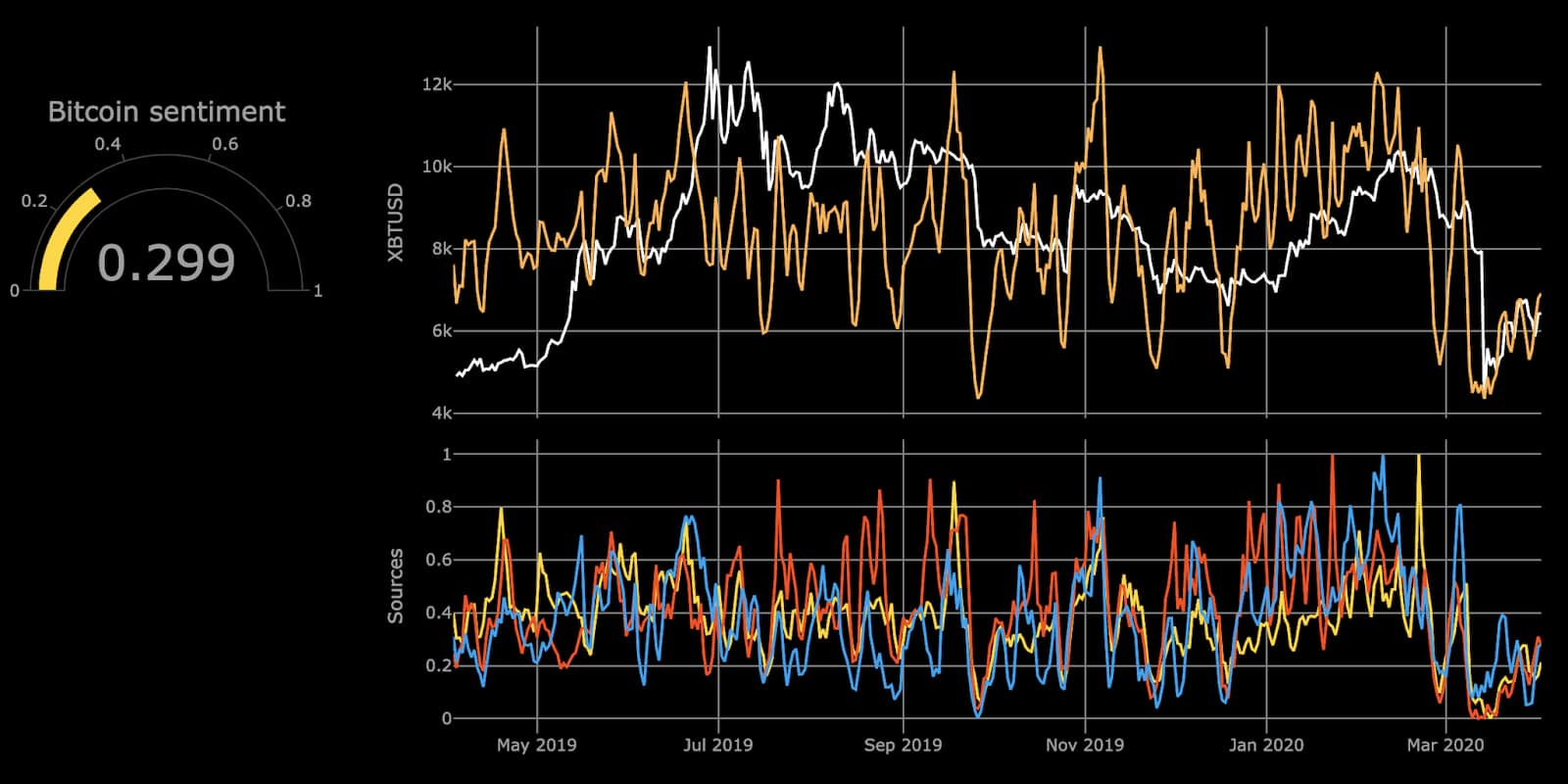In the competitive world of esports, where professional players battle for glory in front of enormous crowds at esports tournaments, cryptocurrency has changed the game. This virtual currency may change the esports industry, which might result in ecosystem developments.
A breakthrough in esports using cryptocurrencies
Cryptocurrency is creating the basis for a thrilling future, revolutionizing player big pay and sponsorship deals and enabling decentralized finance and secure transactions. The expansion of NFTs and virtual assets has opened up more opportunities for ownership, trading, and revenue generation within the esports sector. Let’s discuss each of these points in further detail.
- Cryptocurrency in Esports: Revolutionizing the Industry

Cryptocurrency also provides decentralized financing in the esports industry, allowing fans to directly support esports teams and players without the need for pointless middlemen. Fans may make direct cash contributions to their favorite esports athletes or teams, supporting them and assisting them in achieving their goals. Due to the close relationship between fans and players, the esports ecosystem experiences increased engagement and a sense of community.
Additionally, cryptocurrency ensures open and secure financial transactions in esports. Using conventional payment methods frequently raises concerns about fraud, chargebacks, and delayed transactions. Cryptocurrencies minimize these risks by allowing for secure and irreversible transactions. Thanks to the use of blockchain technology, which encourages trust and transparency, all esports financial transactions are documented on an immutable ledger. In addition to assisting businesses and athletes, this boosts the trust of potential sponsors and investors who wish to enter the esports market.
Additionally, the introduction of non-fungible tokens (NFTs) and virtual assets in the cryptocurrency industry opens up new opportunities for ownership, trading, and monetization in the esports ecosystem. NFTs, which stand for unique digital things or assets, fundamentally rethink the concept of in-game items and collectibles. By enabling users to safely own and trade virtual items, the blockchain has helped to create a bustling economy. Users now have exciting new methods to monetize their accounts, such as by selling unique virtual products or participating in the growing esports memorabilia market.
- Decentralized Funding: Empowering Fans and Players
Thanks to cryptocurrency’s decentralized fundraising possibilities, esports fans may now directly support their preferred esports players and teams. Through the direct contribution of cash through Bitcoin, supporters may assist players financially and help them reach their objectives. A deeper feeling of camaraderie and participation within the esports ecosystem is fostered by this face-to-face connection between spectators and participants. Cryptocurrency eliminates these boundaries, enabling supporters to directly influence the success of their favorite esports personalities. Traditional fundraising options sometimes include restrictions and middlemen. By fostering a more welcoming and fan-driven atmosphere, this decentralized finance approach revolutionizes the way esports are sustained.
- Secure Transactions: Ensuring Transparency and Trust

The esports sector is significantly more secure and transparent thanks to cryptocurrency. In contrast to conventional payment systems, which run the risk of fraud, chargebacks, and delays, bitcoin offers safe and irrevocable transactions. All esports financial transactions are tracked using blockchain technology on an unchangeable ledger, promoting transparency and building confidence.
Instilling trust in the integrity of the esports industry, this degree of security helps players, organizations, sponsors, and investors. Participants may deal in esports schedule tournaments using Bitcoin with confidence knowing that their financial transactions are secure and open. The esports industry’s continuous growth and development as a dependable and safe environment is facilitated by the trust and transparency generated by cryptocurrencies.
- NFTs and Virtual Assets: New Avenues for Ownership and Monetization
New opportunities for ownership and monetization in esports matches have been opened up by the introduction of non-fungible tokens (NFTs) and virtual assets. The concept of in-game items and collectibles is redefined by NFTs, which are distinctive digital tokens that denote ownership of a certain item or asset. Blockchain technology creates a dynamic market where participants and spectators for esports tournaments may safely own and exchange virtual assets. The pro players may now sell special virtual products and take part in the growing esports memorabilia market, opening up exciting new prospects for huge profitability.
The inclusion of NFTs and virtual assets enhances the overall esports experience by allowing fans to take part in ownership, trade, and the creation of distinctive digital collections. Given how well-liked NFTs are becoming, there is a lot of opportunity for innovative ways to evaluate and commercialize virtual assets in the esports industry.
Conclusion
The use of Bitcoin ushers in a new age of possibilities as esports continues to enthrall viewers globally. With decentralized finance, secure transactions, and simplified player payments and sponsorship agreements, bitcoin is revolutionizing the market. By providing additional opportunities for ownership, trade, and monetization, the use of NFTs and virtual assets improves the esports experience. The coming together of cryptocurrencies with esports in 2023 and beyond has a huge amount of promise for enabling participants, supporters, and organizations to embrace digital transformation.



